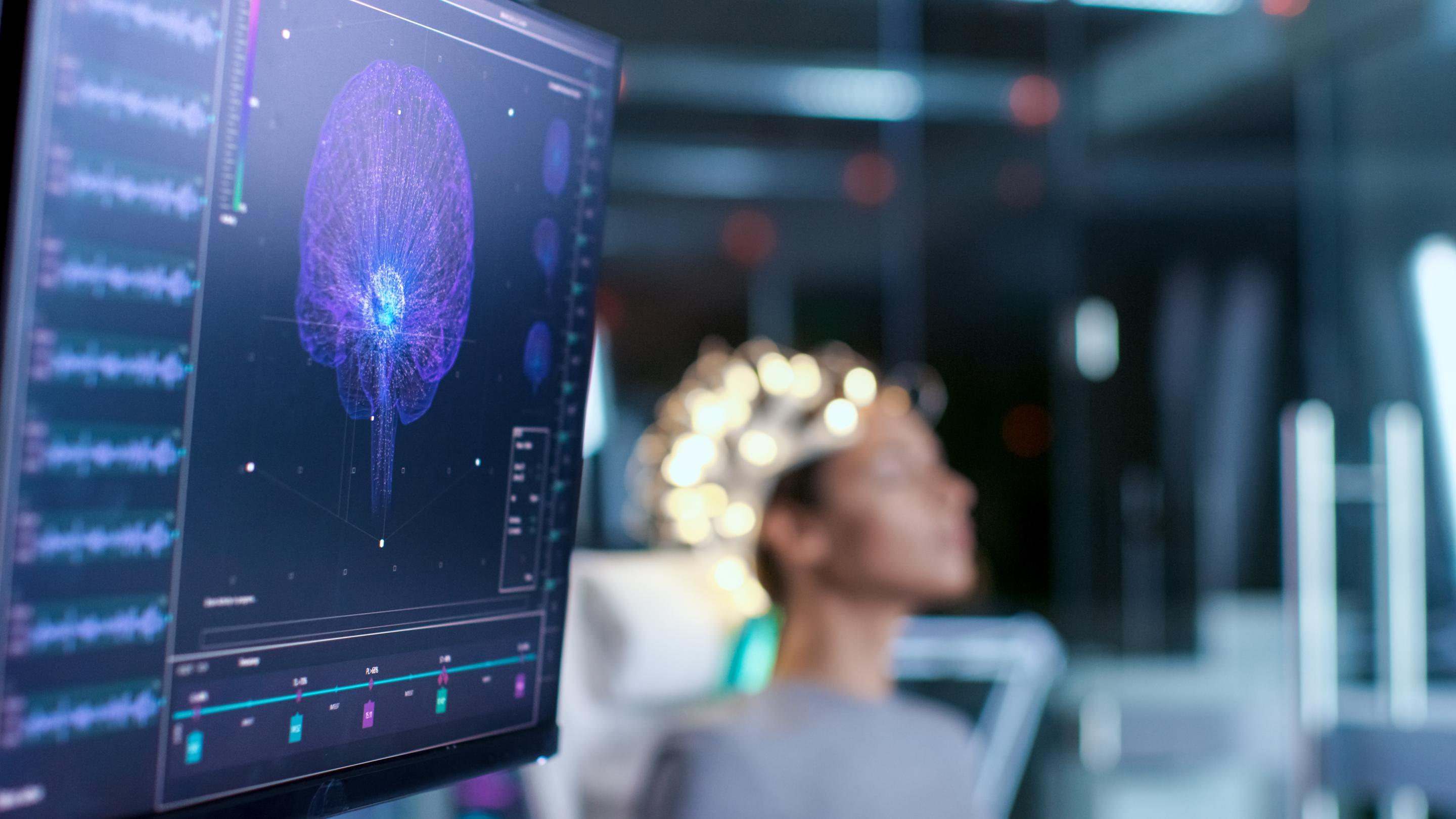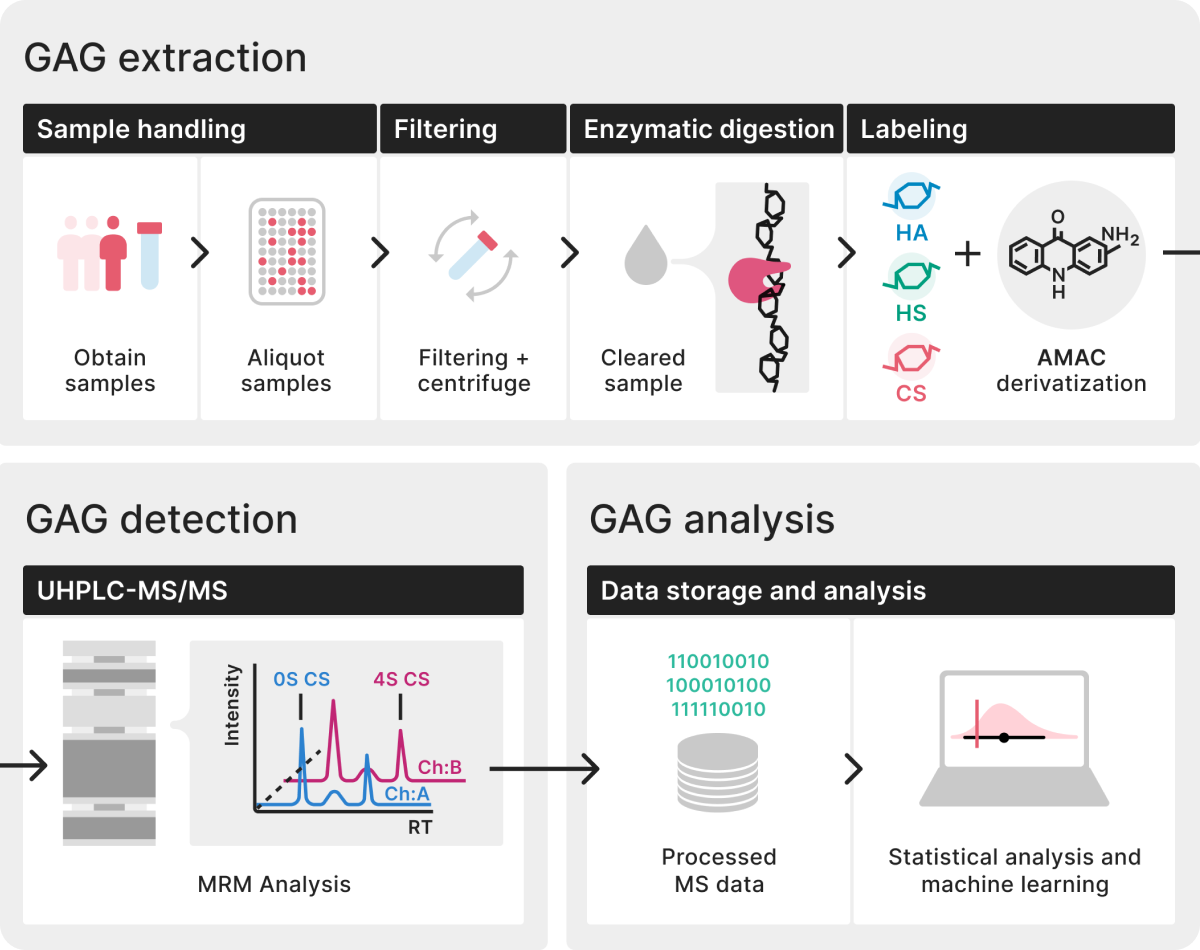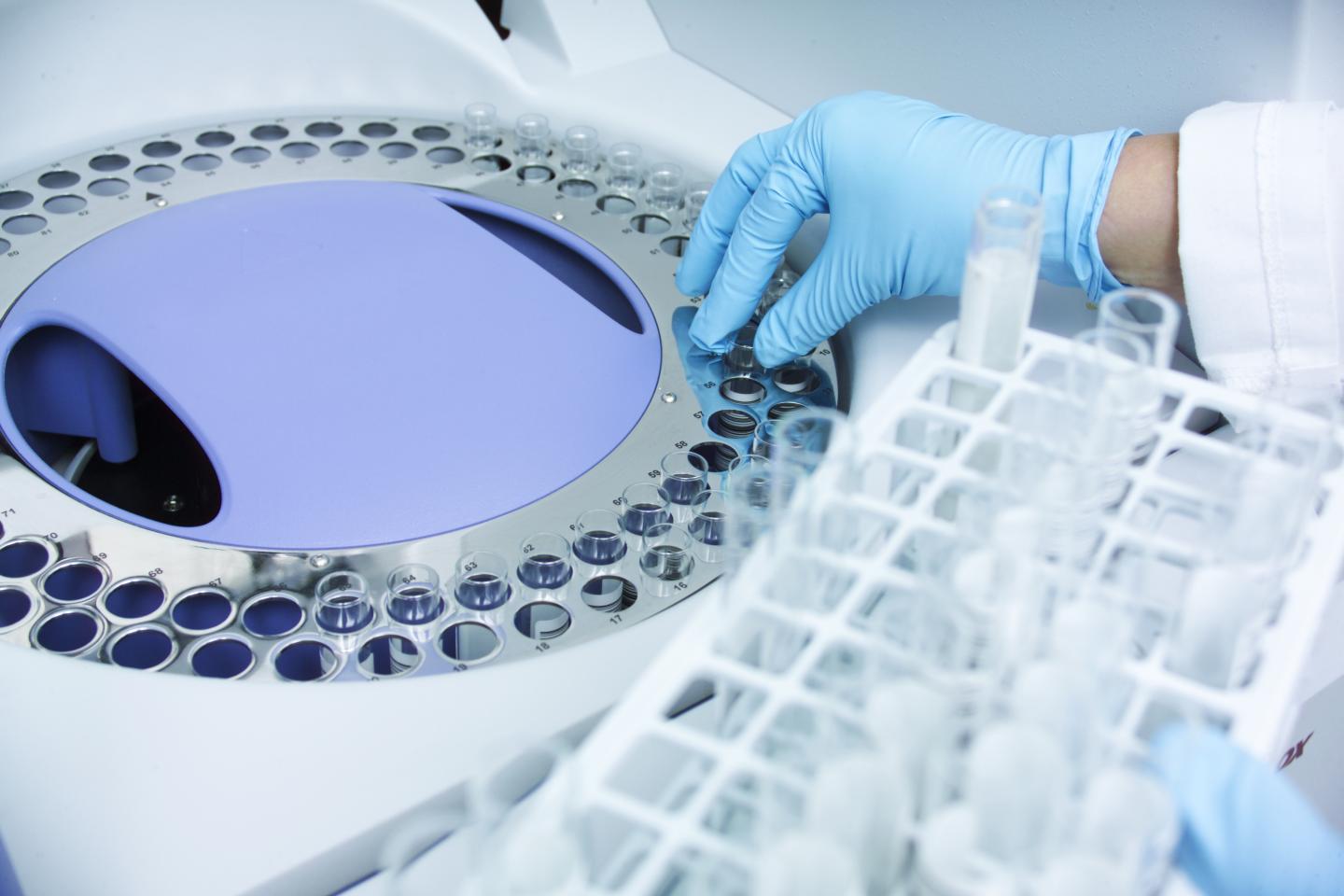Cloud service for cancer diagnostics
Developing stable and reliable medical software requires a great focus on quality, and to know if the desired quality has been achieved, the system must be thoroughly tested. For Elypta, high quality was central, and by developing the product itself and an adapted test system in parallel, an important step towards increased human well-being was ensured!

An idea of staying one step ahead
In 2018, we were contacted by Elypta, a startup company born at Chalmers University. They had an idea for how to more safely monitor former cancer patients after treatment to check that the disease is not returning.
They needed a partner to develop the software, as a central part of the product idea, and turned to us and our long experience in medtech.
Machine learning for human well-being
In short, the idea was to develop liquid biopsies for various forms of cancer where biomarkers make it possible to detect the cancer early, monitor recurrence and predict the patient's response to treatment.
The level of glycosaminoglycans in the blood has been shown to be a very accurate indicator. After the blood or urine test is performed, machine learning algorithms analyse the results and compare them to previous clinical data.

Strict demands on quality and safety
A central part of the solution consisted of a web service/cloud solution with microservice architecture that would perform the analysis itself. As always, web solutions involve the integration of many different software that must work together.
The big challenge was getting all the details in place, and every detail had to be carefully tested. To verify the product, around 700 different test cases are required, which of course requires an automated test system.
That takes time, as is often the case when it comes to medtech. The risk analysis is central because it is ultimately about patient safety, which of course means that cyber security has also been another important requirement. The development of the cloud solution and the test system took place in parallel and the two processes provided insights to each other. At the time of writing, we have submitted a verified MVP for clinical evaluation, and we have high hopes for a positive outcome.

New insights – and a better world
The software will contribute to an easier way to see indications of whether the disease is returning. A good way to save on expensive examinations, and perhaps also make the examination more accessible.
But another result, just as important, is the insights we gained. We developed not just one, but two different solutions from a blank sheet of paper; the software and the test system. Both solutions play a major role in the work towards creating greater security for cancer patients.
People's health is an important ingredient in working towards a better world, and thanks to this project we helped Elypta take an important step forward.

Tech stack and standards
- .NET / C#
- Docker
- SpecFlow
- AWS
- ISO13485
- ISO14971
- IEC62304

Contact

Related content


